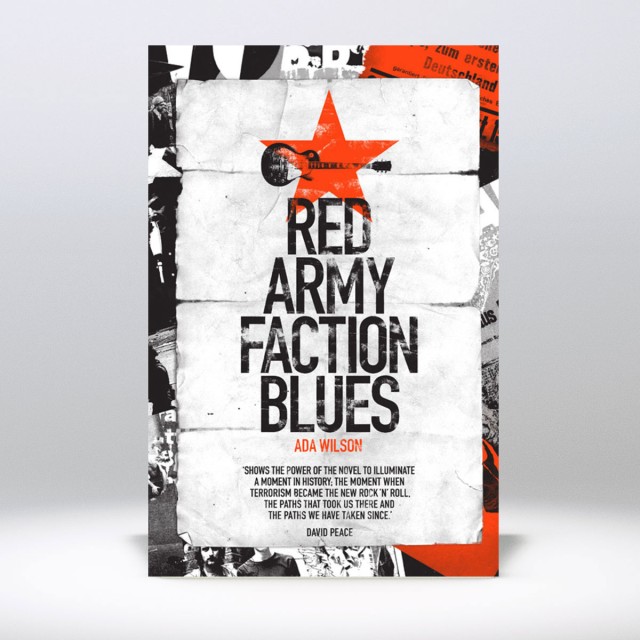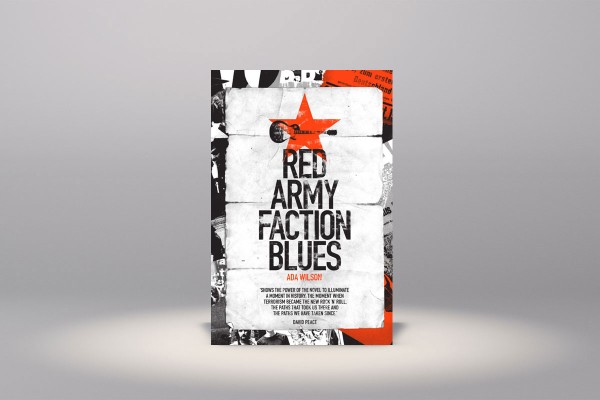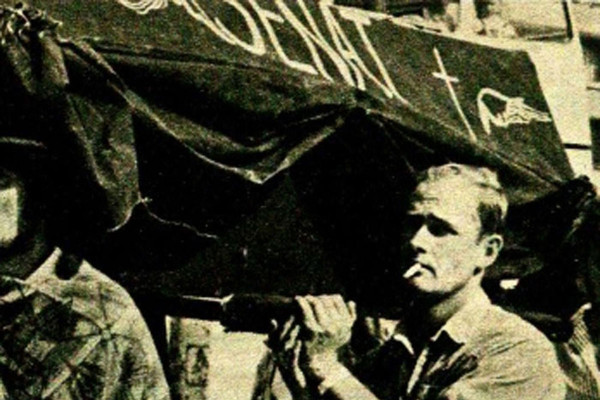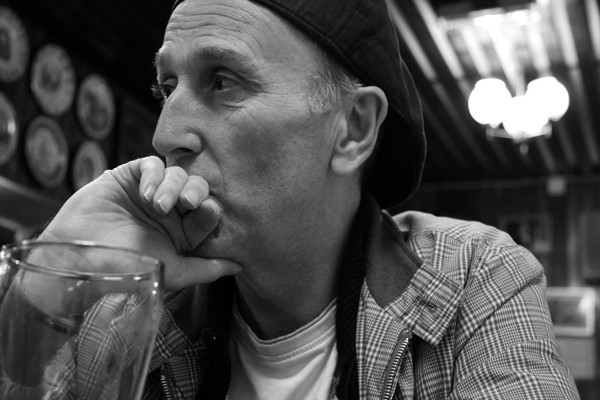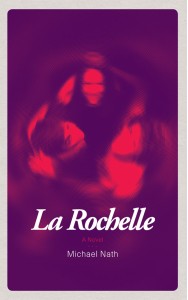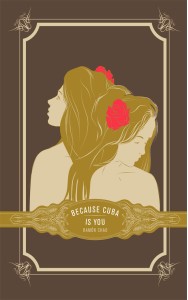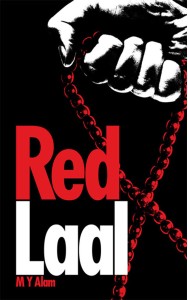La Rochelle
Shortlisted for the James Tait Black Memorial Prize This darkly comic and highly original novel is set over two weeks in 2004, where we find protagonist Dr Mark Chopra, a chaste and passive neurologist. One evening Mark is summoned to help his intriguing friend Ian, whose girlfriend Laura has, simply, vanished. When we learn of the images of Laura that pl..
Read More